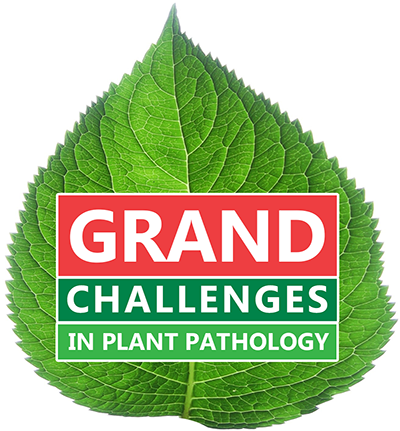Recent Conferences & Events
Grand Challenges in Plant Pathology (GCPP) Interdisciplinary Study Group
14th to 16th September 2016
St Hugh's College, Oxford
This study group ran in partnership with the British Society for Plath Pathology (BSPP) and was open to graduate and postdoctoral researchers. The workshop brought together a great number of researchers both from within and from outside of plant sciences as a way of collaborating a wide range of expertise while brainstorming novel solutions to problems faced by leading industry and non-academic organisations in agriculture. Spokespersons from Syngenta, Fera, CABI, BASF, and APHA presented challenges such as regulation of imported plants and pests at UK border control, and difficulties in communicating proper practice of applying seed treatments and herbicides to crops to farmers operating out of smallholdings or outlying rural areas.
The group I chose to work with was posed with finding a solution to the differences seen in the efficacy of fungicides when tested in the greenhouses, versus those tested in the field. Having spent the better part of 3 days consolidating our ideas on what we had identified as the key stresses affecting field trial plants that were not being well enough represented in greenhouse trials (namely non-representative rhythmicity in greenhouse environmental conditions altering the plants' and pathogens' circadian clocks, as well as the soil microbiome in sterile greenhouse compost differing from that of soil in the fields) we presented our pitch to representatives from Syngenta.
The conference was not only a great chance to see how creative thinking can enable you to apply knowledge from outside plant pathology to solving problems in food security (having a background in circadian rhythms in fruit fly vision myself!) but a really wonderful opportunity to meet the faces of other talented researchers in the field who are at an early point in their own careers. I look forward to meeting the other delegates at conferences in the future, and would strongly recommend this study group to any young researchers new to plant sciences. There is really no substitute for the chance to discuss real world problems with the real people who benefit from advances in crop science.

